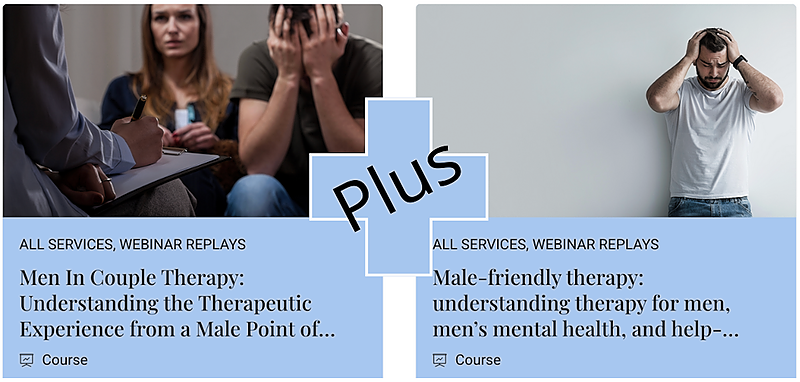
Module 1: Welcome! (Course Introduction)
You will be introduced to your course instructor Dr John Barry who will give an overview of the course and the learning outcomes you should aim for. You’ll have a chance to develop familiarity with the course layout and find out how to successfully pass this course.

Module 2: Introduction to Male Psychology
Module 2 introduces the field of male psychology, discusses why it’s needed and shares some recent developments in this field. You’ll be introduced to the concepts of sex and gender, the relevance of understanding sex differences, and some of the historical controversies surrounding sex differences research.

Module 3: Introduction to Issues Affecting Men and Boys
Module 3 introduces examples of issues impacting men and boys, and utilises different viewpoints - such as the social ecological model - to explore individual and contextual factors. You’ll also learn about some of the cognitive biases that may impact how we perceive men and boys.

Module 4: A Closer Look at Male Mental Health
Module 4 puts male mental health in the spotlight. This module discusses how men may present symptoms differently to women, and differently to how professionals might expect. Key issues discussed include depression, suicide and borderline personality disorder. The strengths and weaknesses of approaches to therapy are explored, including male-friendly approaches. You’ll also learn about the relationship between masculinity and mental health, and some of the misunderstandings surrounding this topic.

Module 5: Issues Affecting Men and Boys: Towards Solutions
This module discusses the strengths and weakness inherent to different evidence sources and looks at some of the complexities involved in trying to develop evidence bases and solutions. You’ll learn why interventions may fail to produce the desired results, and how interventions can sometimes do more harm than good.

Module 6: Transforming knowledge into a better future
This module brings together some of the most important considerations made during the course in relation to improving the lives of men and boys and the communities they live in. The optional worksheets accompanying this course can support you in reviewing your current level of knowledge and help you to gain new insights regarding your own specific area of interest.
























